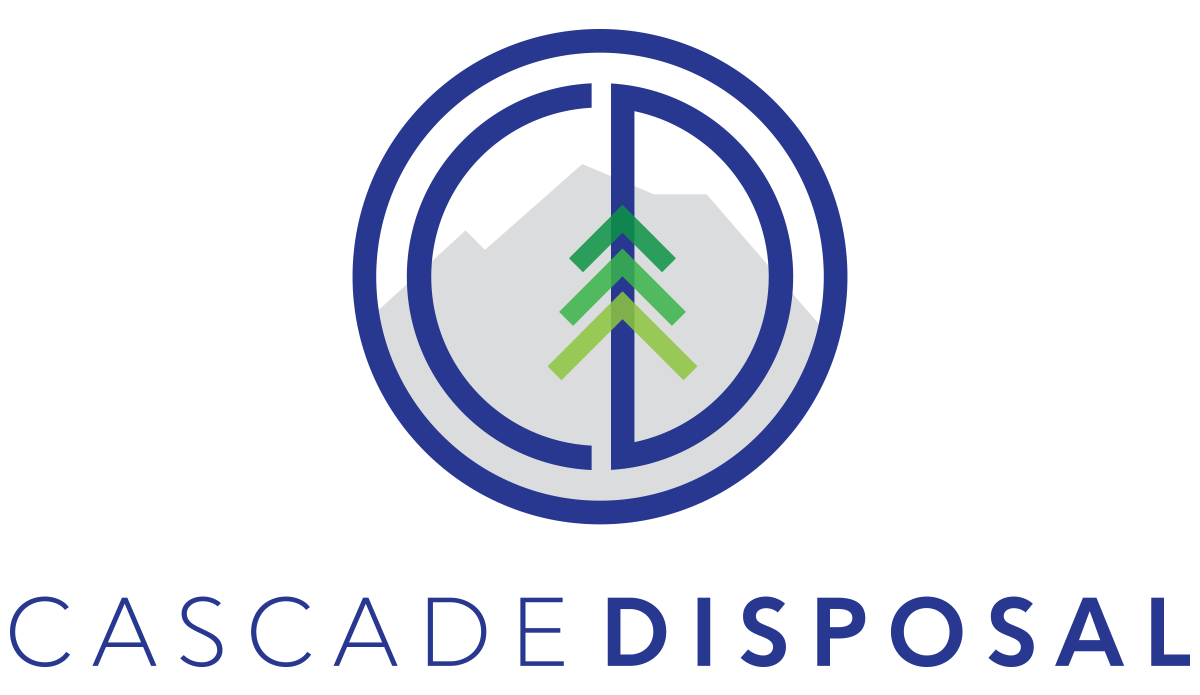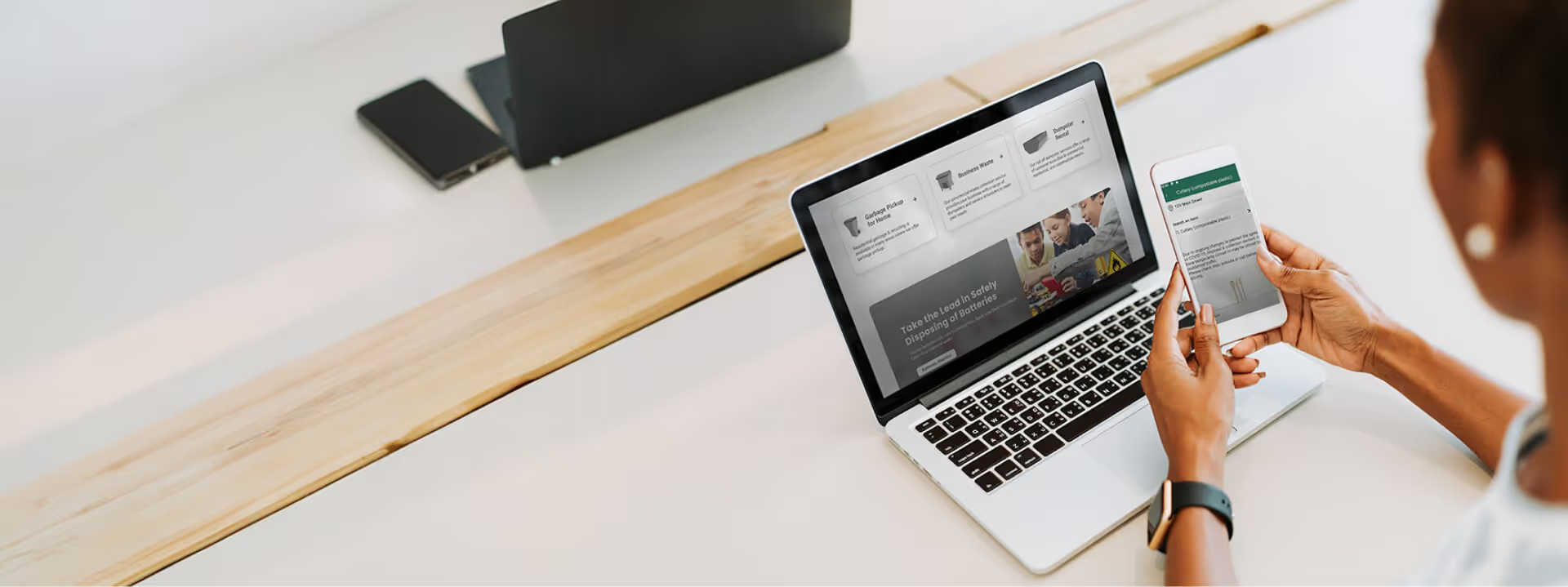
Recycling/Disposal Guide
Cascade Disposal is proud to serve commercial buildings, businesses, residential facilities, and homeowners as their recycling partner throughout south side of Bend and Deschutes County. We care about a cleaner environment and are committed to waste diversion efforts.
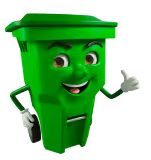
What Residential Items Can’t Be Recycled via Curbside Collection
Residential recycling options may vary by location, so it's important to check with your local recycling options and guidelines in your area.
Unacceptable Items
Items
- Propane canisters
- Flares
- Needles
- Electronics
- Flammable liquids
- Batteries for e-cigarettes
- Helium tanks
- Lighters and matches
- Knives
- Household batteries
- Butane canisters
- Ceramic plant pots
- Bear spray
- Paint
- Ammunition
- Straws
Plastic containers
- Containers for motor oil, vehicle lubricant or antifreeze products
- Garden hoses
- Packaging labeled biodegradable or compostable
- Plastic string or rope
- Microwavable bowls with metal rims
- Plastic paint cans
- Plastic wrap
- Pails for lubricants and oils
- Plastic or foil lids from coffee and tea pods
- Liquid-absorbing pads, e.g., in trays of meat, poultry, fish, etc.
- Lawn edging, tarps, plastic furniture or toys
- Plastic blister packs e.g. plastic/foil protective packaging for chewing gum and pills
Steel containers
- Steel paint cans
- Coat hangers (return to dry cleaners)
- Pots, pans and baking trays
- Propane cylinders
- Metal toys
- Appliances
- Metal hardware or other scrap metal
- Wiring or metal cords, extension cords
Misc. flexible plastic packaging
- Plastic squeeze tubes
- Plastic-lined paper
- Cellophane wrap
- Plastic strapping
- 6-pack ring
- Biodegradable plastic
- PVC/vinyl
- Squishy foam
- Plastic blister packs e.g. plastic/foil protective packaging for chewing gum and pills
Paper packaging/cardboard
- Cardboard boxes with wax coating
- Paper bags with multiple layers that include a foil layer
- Paper bags with a plastic layer
- Paper towels, napkins
- Tissues
Aluminum containers
- Spray paint cans
- Aerosol cans with any contents remaining
- Propane cylinders
- Foil-lined cardboard take-out containers and lids
Glass bottles & jars
- Drinking glasses or dishes, cookware
- Whole or broken window glass or mirrors
- Ceramic products
- Light bulbs and light fixtures
Foam packaging
- Liquid-absorbing pads used in trays for meat, poultry, fish, etc.
- Labels, tape, paper and cardboard on foam packaging
- Foam peanuts, packing chips, or noodles
- Blue or pink foam board insulation
- Squishy or flexible foam
- Furniture cushions
Plastic bags/Overwrap
- Kitchen stretch wrap
- Packaging labeled biodegradable or compostable
- Lumber or construction wrap
- Garbage bags
Paper
- Hardcover or paperback books (donate or sell)
- Ribbons or bows
- Shredded paper
- Musical greeting cards with batteries
- Rubber bands
How Does Recycling Work?
We collect full recycle dumpsters at curbsides, multi-family dwellings, or businesses. At recycling facilities (MRFs), materials are sorted, cleaned, compressed, and prepared for sale to end markets.
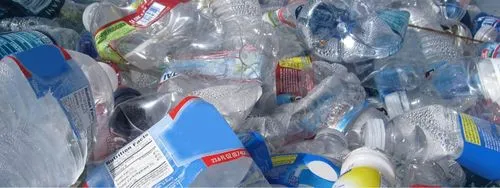
Clean every item
Clean items are crucial to avoid contamination during transportation.
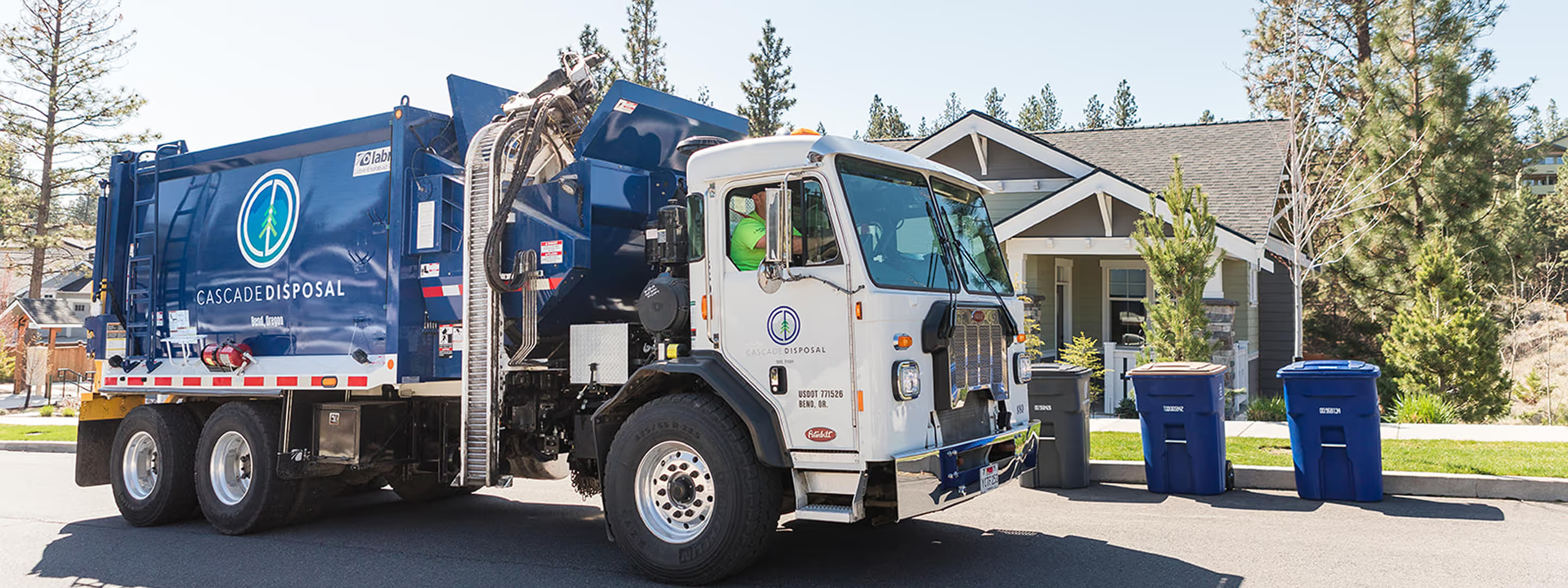
Waste collection
When recycle dumpsters are full, they are then collected by us at a curbside, multi-family dwelling, or business.
.avif)
Recycling facility (MRF)
Materials are sorted and organized by material types, then inspected for final quality control clean-up before being baled (compressed) together and staged for sale to end markets.
